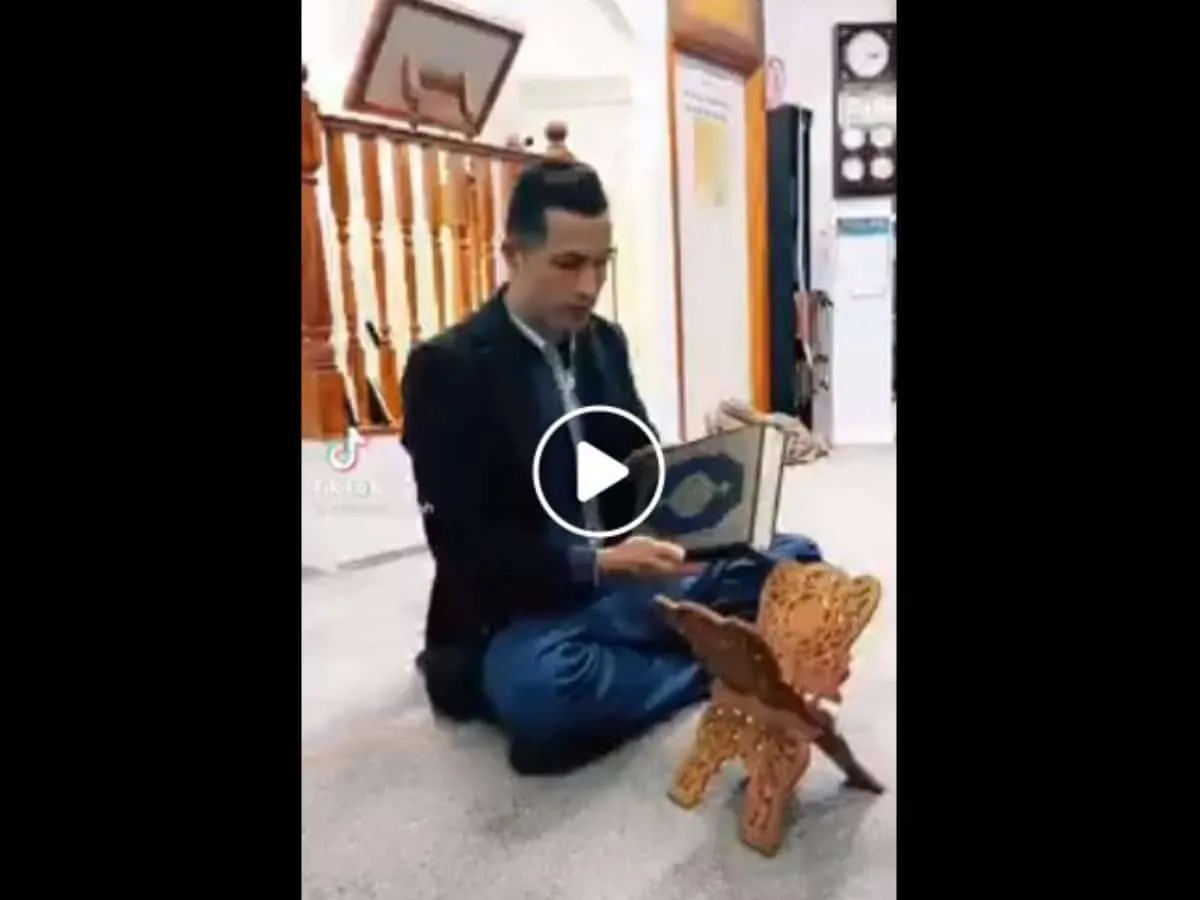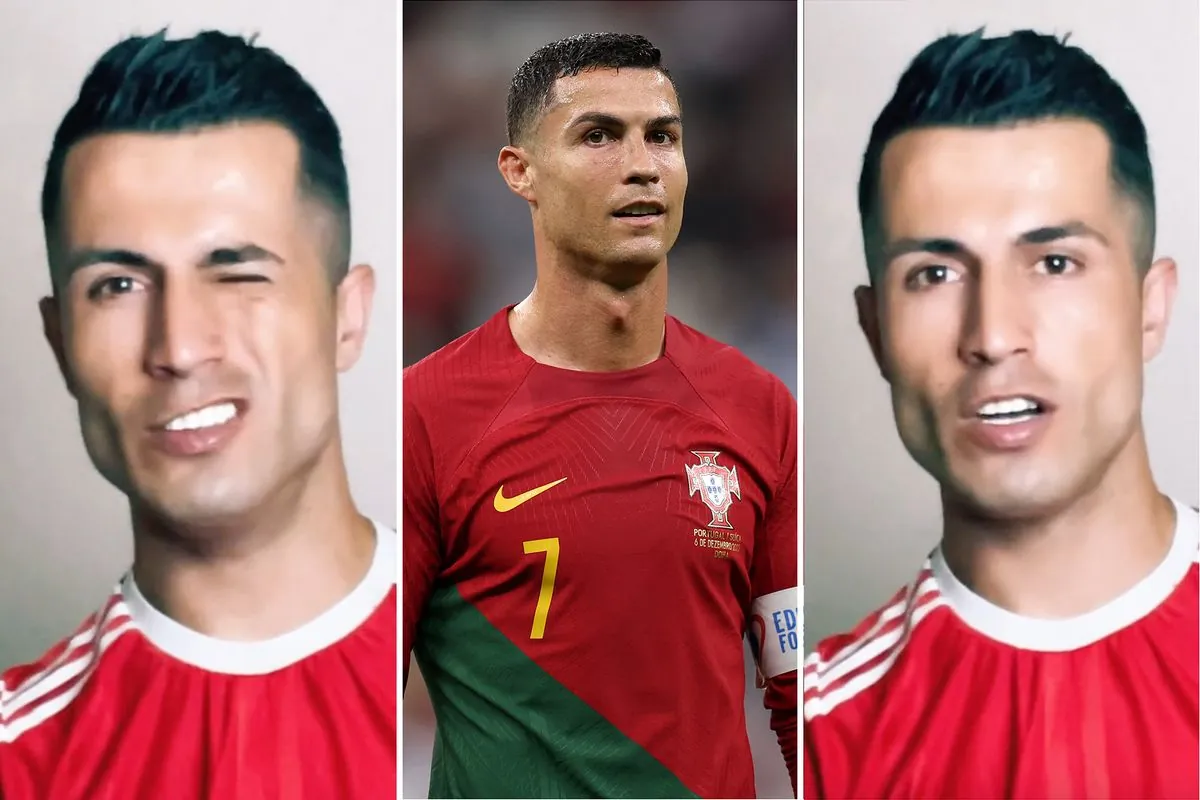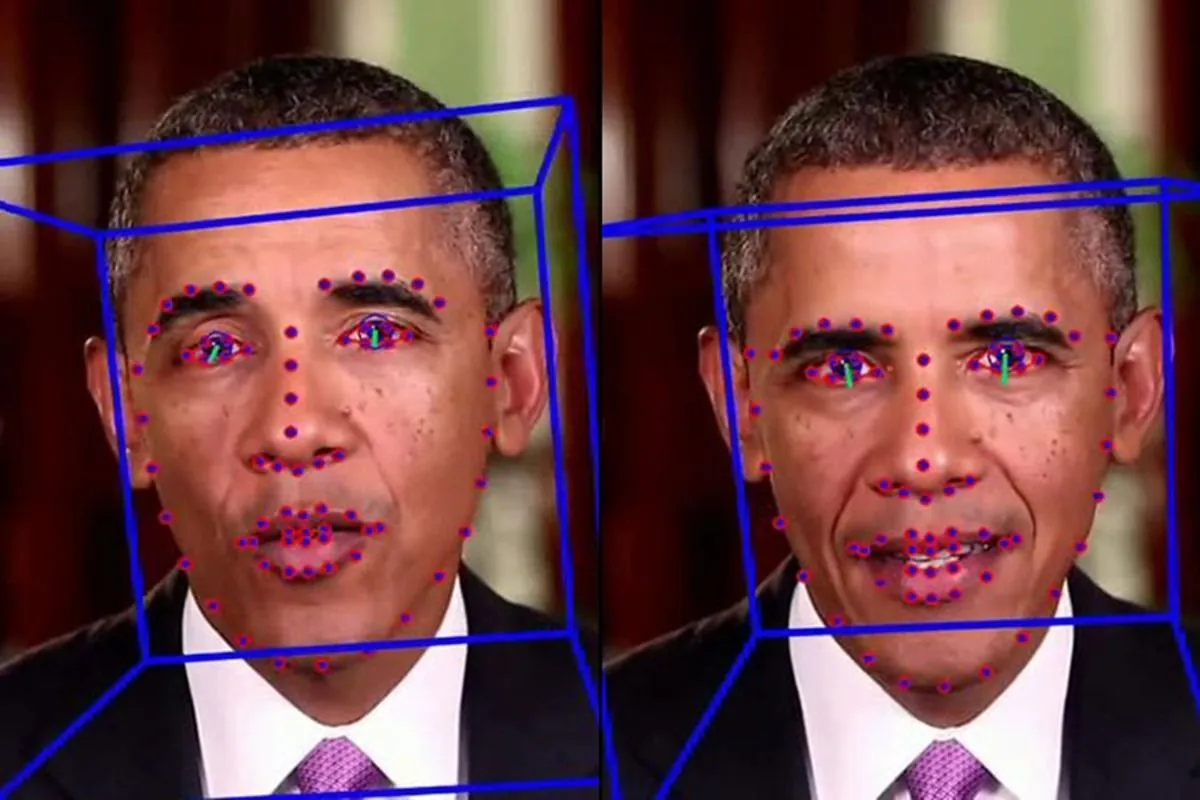Viral Video of 'Ronaldo' Reading Quran Debunked as Altered Lookalike Footage
A viral video purportedly showing Cristiano Ronaldo studying the Quran in Saudi Arabia has been exposed as digitally manipulated footage of a UK-based lookalike, highlighting the ongoing challenge of misinformation on social media.

A video circulating on social media, allegedly depicting Cristiano Ronaldo studying the Quran in Saudi Arabia, has been revealed as a digitally altered clip featuring a lookalike of the Portuguese football star. The 25-second footage, which shows a man reading the Islamic holy book while sitting cross-legged, gained traction online but has since been debunked by fact-checkers.
The original video, posted on TikTok in May 2021, features Bewar Abdullah, a UK-based Ronaldo doppelganger known for his uncanny resemblance to the footballer. Abdullah, who boasts 1.7 million followers on the platform, has previously addressed media about being mistaken for his famous lookalike.

Visual analysis of the manipulated video revealed several inconsistencies compared to Abdullah's original clip. These alterations include smoother skin texture, a closed right eye, visible teeth, and modified sideburns. The edited footage, shared in September 2024, sparked discussions and expressions of admiration among social media users, with comments such as "Mashallah" (Arabic for "God has willed it") accompanying the posts.
"He is good person…may he find the right path."
Fact-checkers identified the location in both videos as the Al-Judi Centre, a mosque in Birmingham, UK. This detail aligns with a 2022 article mentioning Abdullah's residence in the city, further confirming the video's origin.
The incident highlights the persistent challenge of misinformation on social media platforms, particularly concerning high-profile figures like Ronaldo. As of September 2024, the football icon had amassed an impressive one billion followers across various social media platforms, underscoring the potential reach and impact of such falsified content.
This case serves as a reminder of the importance of critical thinking and fact-checking in the digital age. As manipulated media becomes increasingly sophisticated, the role of fact-checking organizations in verifying information and debunking false claims remains crucial in maintaining the integrity of online discourse.

The spread of this altered video also raises questions about the responsibilities of social media platforms in curbing the dissemination of misleading content. As users continue to navigate the complex landscape of online information, the incident serves as a cautionary tale about the ease with which digital manipulation can blur the lines between reality and fiction in the realm of celebrity news and beyond.


































